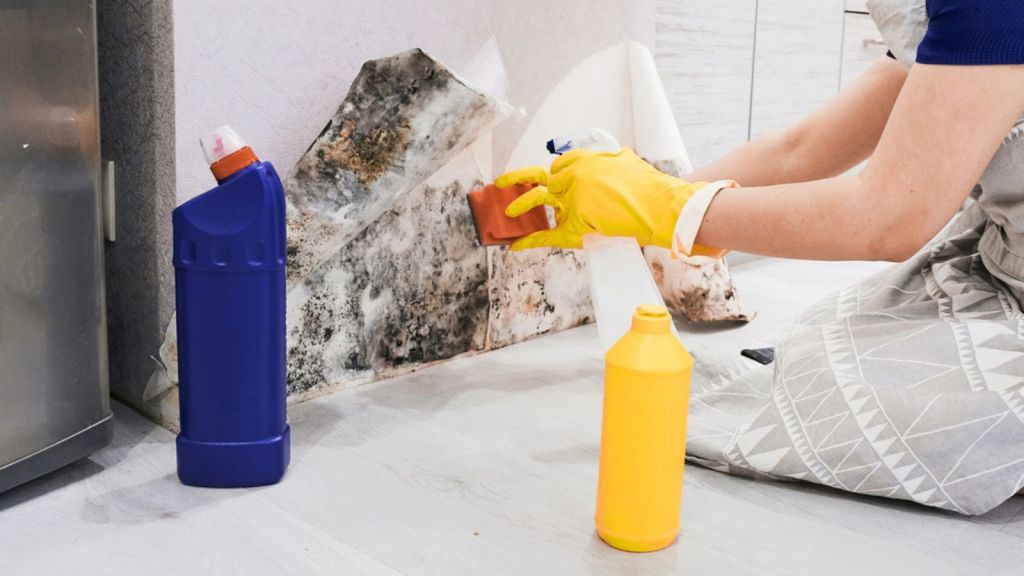“Unlock the Secrets: 12 Common Cleaners You’re Misusing and the Surprising Techniques That Will Transform Your Cleaning Game!”
To maximize the benefits of essential oil cleaners, dilute them with water. The oils will distribute evenly while providing a refreshing scent without overpowering your senses.
8. Wood Polish


Wood polish can give your furniture that polished, elegant look, but too much can be counterproductive. Many people are tempted to baptize their wooden surfaces in polish, believing that more product means a shinier finish.
You end up with a buildup that dulls the wood over time and makes dust accumulation more pronounced. Apply a small amount of wood polish to a microfiber cloth and buff it onto the surface in small sections.
9. Carpet Cleaners Without Precleaning


When dealing with those stubborn carpet stains, some folks immediately grab the carpet cleaner, thinking a direct hit will do the trick. But skipping the pre-treatment can be a bit of a miss and might not give you the best results.
Before you reach for the cleaner, try dabbing the stain with a cloth soaked in cold water to lift as much of the residue as you can. This helps the carpet cleaner do its job better and attack the stain directly.
10. Sponges Cross-Contamination


Sponges are handy tools for kitchen cleaning, but there’s a hidden risk: cross-contamination. Many people might not realize they’re using the same sponge for different tasks, like wiping countertops and cleaning up raw meat spills.
This can spread harmful bacteria, leading to foodborne illnesses. Try designating specific sponges for certain tasks. For example, one sponge can be used for dishes and another for surfaces.












